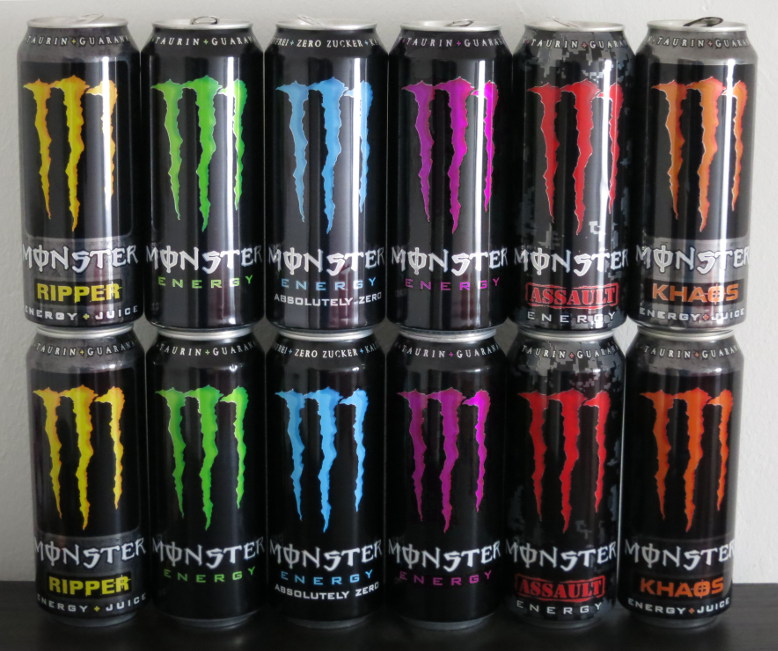Contributing Writer Thomas Sabatino, ’21
As a typical high school athlete that does many extracurricular activities, I’m always looking to get that extra boost of energy for the day. On weekends, I get up early to play lacrosse, run, or lift weights, using up lots of energy. At gyms, I see many advertisements for energy drinks and gym-goers walking around with them, some having two or three in hand. Red Bull, Monster, you name it, people got it. However, I am not completely sold that these are a beneficial source of energy for people to consume, especially when they’re trying to live a healthy lifestyle.
I look at the nutrition facts of energy drinks and there is one glaring issue, not to mention the other hidden ones, and it’s the sugar and caffeine content. According to a study from Harvard’s School of Public Health, one energy drink contains a total of 200 mg of caffeine and 41 grams of sugar. I was astonished by these facts. They also found that consumption of these beverages for adolescents doesn’t provide a lasting source of energy and is connected to future health risks. Some of these include increased blood pressure, increased risk of obesity and type 2 diabetes, and lack of sleep. They came to the conclusion that water is the superior and healthier option when looking for something to drink between meals. This proves that energy drinks may be good for short term energy, but overconsumption will lead to future health issues for adolescents. Water is the beverage that athletes and even non-athletes need to drink in order to live healthfully.
A New York Times article, “Scientists See Dangers in Energy Drinks” by Jane E. Brody, highlights a study by Dr. John P. Higgins and co-author Troy D. Tuttle, an exercise physiologist at the University of Houston. They determined that adolescents are consuming energy drinks at an alarming rate. An average of 13 teaspoons of sugar in a 16 ounce can hinder the rate that fluids can be absorbed in the body, which will lead to dehydration. Dehydration is not only detrimental to the performance of athletes, but it could provide lasting health concerns and in extreme cases, lead to death.
Altogether, this information changed my perspective on energy drinks. I love to be active and take advantage of nice weather, a rare occurrence in Central New York, to workout. But when I need energy, I don’t want to consume something that will harm my body, but will instead give me enough energy to get through the day. Ultimately, the underlying effects of energy drink consumption are too great a risk when attempting to live a long, healthy life.
Sources:
- Brody, Jane E. “Scientists See Dangers in Energy Drinks.” The New York Times, 31 Jan. 2011.
- “Energy Drinks.” The Nutrition Source, 23 Sept. 2019.






























